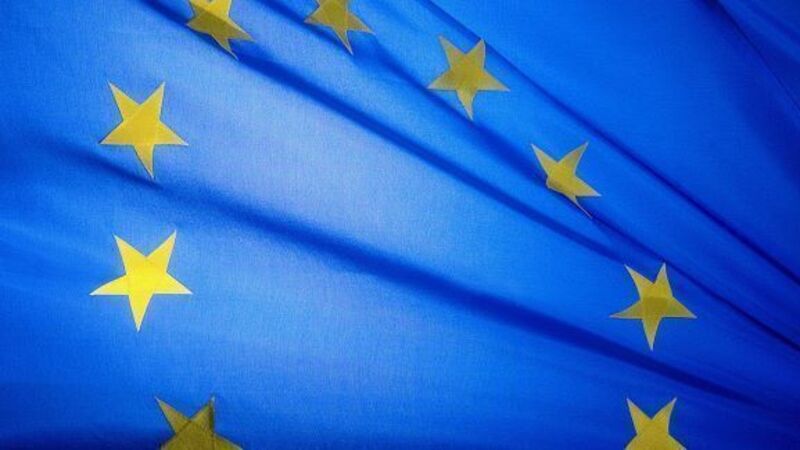EU states able to accept or reject GM crops

Because some EU member states, such as Britain, are firmly in favour of growing GM and others, such as Austria, are implacably against, only one such crop is grown commercially in Europe despite several being declared safe by the European Food Safety Agency.
But after four years of negotiations, the stalemate was broken in overnight talks that will allow countries to decide for themselves whether to allow GM crops to be grown – provided they have been authorised by the EU first.













